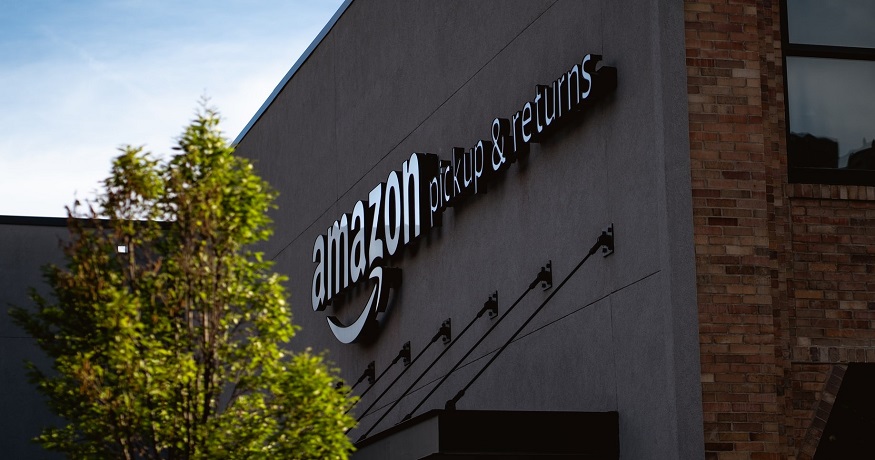The company has started selling coverage for two- and four-wheelers driven in the country.
Amazon auto insurance has now rolled out in India, marking the first time the retail and tech giant has stepped into the global financial services category.
The e-commerce company confirmed solidifying a deal with Acko General Insurance from Mumbai.
The Amazon auto insurance sales are underwritten by Acko General Insurance and are available to car drivers and motorcycle riders in the country. Amazon is also an investor in that insurer.
Amazon Pay chief executive and director in India Mahendra Nerurkar spoke at a fintech conference last week, mentioning that the company had intentions to broaden its coverage services to include flights, taxis and health plans.
The newly rolled out car and motorcycle insurance is available to Amazon Pay users and can be purchased through the brand’s website or app. The company said that purchasing coverage takes under two minutes and doesn’t require any paperwork.
As a result, Apple auto insurance in India offers coverage in a highly accessible and convenient way.
“This coupled with services like hassle-free claims with zero paperwork, one-hour pick-up, 3-day assured claim servicing and 1 year repair warranty – in select cities, as well as an option for instant cash settlements for low value claims, making it beneficial for customers,” said a statement from Amazon.
Amazon Prime subscribers will have access to further discounts and benefits, said the company. That said, it has yet to outline specifically what those additional advantages entail.
The insurance market in India is among the latest financial services sectors to have drawn both international and domestic technology giants. For instance, earlier this month, Paytm, the most valuable start-up from the country, and that firm’s CEO Vijay Shekhar Sharma, acquired Raheja QBE, an insurance company for $76 million.
Amazon auto insurance has the opportunity to fill an important gap in India, where only a sliver of the 1.3 billion people currently has access to coverage. Many analysts  believe that it is up to tech firms and digital opportunities to making policies widely available in a way that people will be willing to make a purchase.
believe that it is up to tech firms and digital opportunities to making policies widely available in a way that people will be willing to make a purchase.

